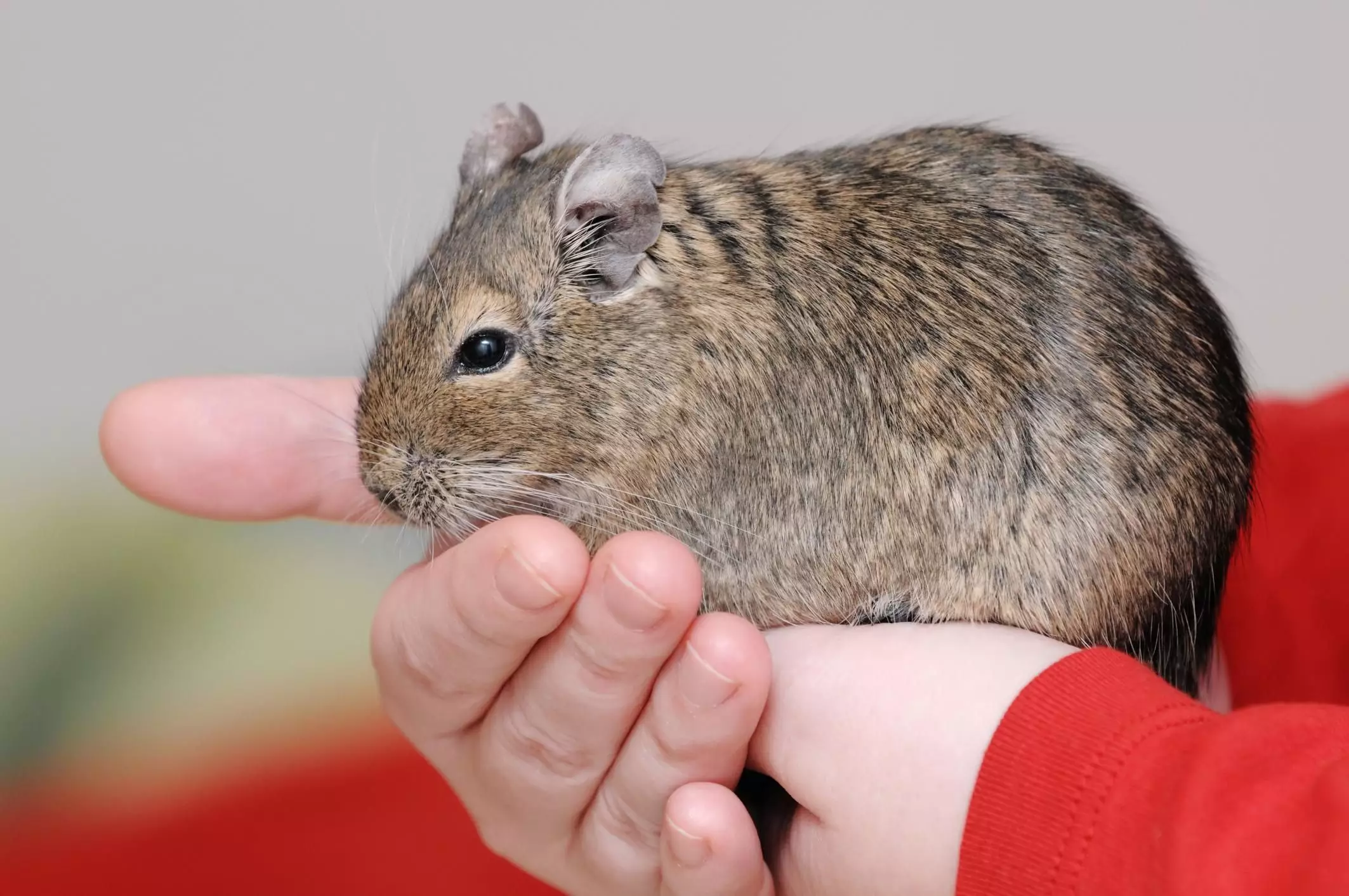Degus, often overlooked as potential pets, are fascinating rodents that have gained traction among animal enthusiasts. Originally hailing from the arid regions of Chile, these small, social creatures can offer companionship similar to that of more traditional pets like cats and dogs. However, before diving into degu ownership, prospective owners must consider various factors that affect not only the well-being of these animals but also their suitability for domestic life.
A degu, scientifically known as *Octodon degus*, typically grows to about 9 to 12 inches in length and weighs between 6 to 11 ounces. One notable aspect of degus is their diurnal nature; unlike many rodents that are nocturnal, degus are active during the day. This makes them engaging companions during waking hours. They are wonderful animals for social interaction; they thrive on companionship with both humans and other degus.
Social creatures by nature, degus form groups in the wild, often reaching sizes of 100 or more. Given their sociable character, a single degu may become lonely and anxious, emphasizing the need to consider adopting them in pairs or small groups. The degu’s lifespan ranges from six to eight years in captivity, which requires a commitment from prospective owners.
Before acquiring a degu, it is crucial to investigate the legal landscape surrounding their ownership. Certain regions, such as California and Georgia, have laws that categorize degus as potentially invasive species, resulting in restrictions or outright bans on their ownership. Potential degu owners should check local regulations and may need permits or health certificates to ensure compliance.
Beyond legality, ethical considerations weigh heavily on the decision to adopt a degu. While they can be kept as pets, it’s vital to reflect on whether you can provide the optimal living conditions and companionship that these rodents require. Owning exotic pets entails a commitment not just to care but to understanding the complexities of their needs.
An appropriate and spacious habitat is essential for keeping degus healthy and happy. A suitable cage should measure at least 24 inches by 18 inches by 24 inches, and even larger enclosures are recommended for multiple degus. Multi-level designs, often used for ferrets or chinchillas, encourage climbing and play, crucial for their well-being. Additionally, the surfaces of the enclosure should be solid rather than made with wire slats, as degus are avid chewers and can injure themselves on sharp edges.
To simulate their natural habitat, provide nesting boxes, solid-surface exercise wheels, and various chew toys. Given their natural instincts to chew, a degu’s environment should be enriched with safe materials that promote dental health. Items such as willow balls and mineral blocks can also provide both entertainment and nutritional benefits.
Feeding a degu properly is vital for its health. A balanced diet consists of high-quality guinea pig or chinchilla pellets supplemented with fresh grass hay available at all times. Fresh vegetables such as carrots, leafy greens, and certain root vegetables can be offered daily, while high-sugar fruits should be avoided due to the risk of diabetes—a common ailment in degus.
Maintaining a clean water supply is crucial—using a heavy ceramic bowl or a chewed-proof water bottle will help keep the water fresh. Regular check-ups on dietary habits will prevent conditions like obesity or dental issues, which are commonly seen in rodents.
Degus generally require regular care to maintain their health, including attention to their grooming and sanitary needs. Regular dust baths are vital for skin health, as these animals produce oils that can build up in their fur. Dust baths should be incorporated into their routine biweekly, providing a designated area with suitable dust or sand.
Additionally, watch for signs of health issues, such as lethargy, unusual grooming habits, or behavioral changes. Consulting with an exotic animal veterinarian knowledgeable about degus can help catch potential issues early, ranging from diabetes to skin conditions or dental problems.
Despite the challenges associated with degu ownership—such as their social needs, legal restrictions, and detailed care requirements—these rodents can make for rewarding and engaging companions when introduced into the right home. They offer interactive potential, emotional bonds, and a unique pet experience. For those willing to invest the time and resources into understanding and fulfilling their needs, degus can be delightful additions to the family. However, as with any pet, thoughtful consideration and commitment are essential before making this charming rodent a part of your life.

